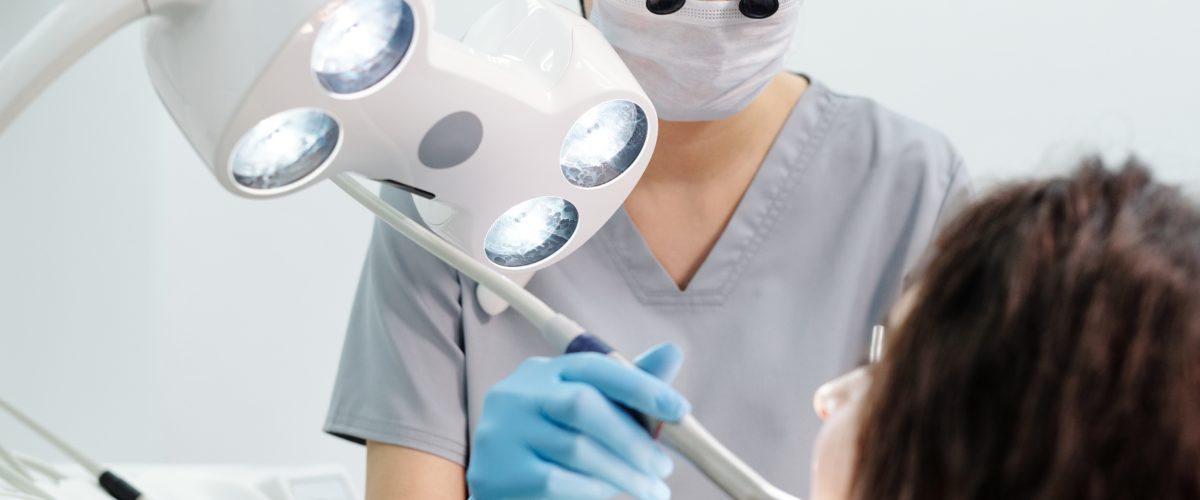If you’ve chipped a tooth or broken a filling, you are probably in a lot of pain. Not only are these types of dental emergencies extremely painful, they can also be unsightly and they can lead to further health danger if you don’t take care of them in a timely manner.
To be prepared for dental emergencies, consider packing an emergency kit with your dentist’s phone number(s), ibuprofen, a small container with a lid, gauze and saline solution.
Here are the most important steps to take in a dental emergency:
- Contact a dentist right away for an emergency appointment. If you have had a tooth knocked out completely, the sooner you can get in to see your dentist, the better, as there is a better chance of the tooth surviving the trauma.
- When handling teeth that have been knocked out, handle them by the crown (top), not the root (bottom.) It’s OK to rinse the teeth in water, but don’t scrub them. It is important to keep knocked out teeth as moist as possible, so if you can replace it in the socket, do so. If you cannot do so, try placing it between the tooth and gums until you can be seen by your dentist.
- If a tooth has been knocked out of position but is still attached, gently try to realign it, but don’t force it back into position.
- Take ibuprofen for pain relief, as directed, but avoid aspirin, as aspirin could cause excessive bleeding.
To avoid, or at least lower the risk of, future dental emergencies, take some simple precautions.
- If you play sports, wearing a mouth guard can help keep your teeth safe.
- Brush and floss your teeth daily.
- Visit your dentist regularly for cleanings and check-ups
When in doubt about whether something rises to the level of a dental emergency or not, check with your dentist. Odds are good that if you are in pain, it is an emergency and you should be seen as quickly as possible. Even if you are not in pain, if you have lost a filling or a crown, contact your dentist right away so the situation doesn’t get any worse.




